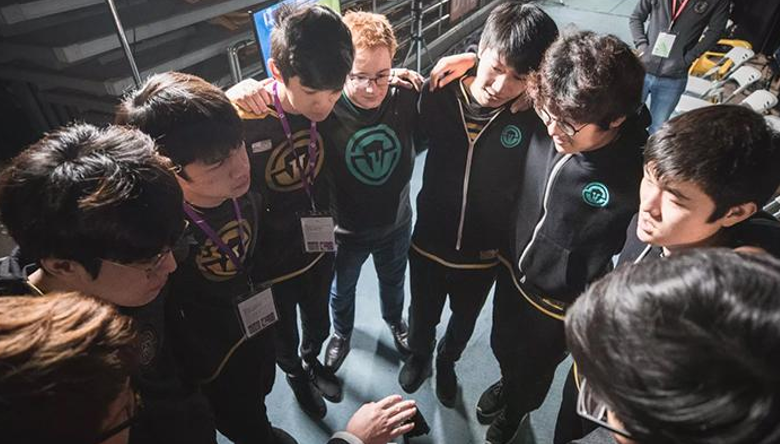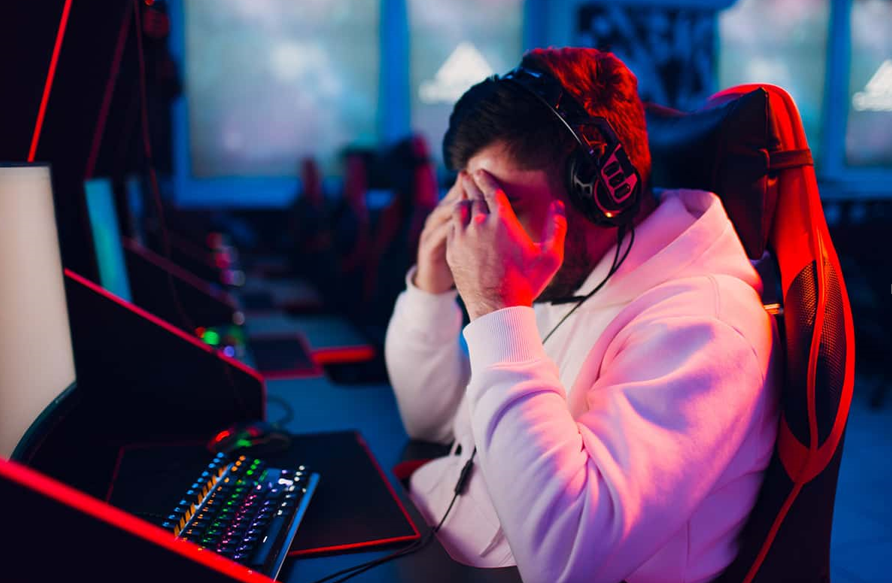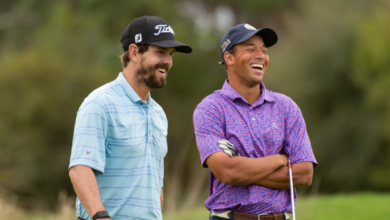Esports psychology: how players cope with stress and pressure

Esports has long since ceased to be just entertainment and has turned into a full-fledged industry, where the stakes are high and the pressure is comparable to traditional sports. Players spend hundreds of hours practicing and then step onto a stage where thousands of spectators and millions online watch their every move. In such conditions, psychology plays no less of a role than mechanics or strategy. To me, it’s clear that the ability to cope with stress is what distinguishes a successful player from one who burns out quickly. Interestingly, the methods used in esports often overlap with practices from traditional sports and even business.
Pressure at major tournaments
One of the strongest sources of stress comes from international championships. Players step onto a stage where thousands of spectators are in the arena and millions more follow the broadcast online, which means every move instantly comes under scrutiny. In such an environment, a single wrong mouse movement or a mistake in communication can cost not just a round but an entire tournament. Defeat on the big stage feels especially painful, because what’s at stake is not only the result but also the team’s image in the eyes of fans and sponsors.
In disciplines like CS2 this pressure is particularly noticeable. Every round can be decisive, and even experienced players admit that in such moments their hands start to shake and their focus drops. This is why teams increasingly emphasize mental preparation: they conduct special training sessions that simulate stressful situations and discuss behavioral scenarios for moments of maximum tension. Analysts often mention resources like cs2 teams, where you can see statistics on different rosters’ performances and evaluate how much psychological resilience influences the final outcome. This helps not only fans but also the players themselves better understand where weaknesses lie and how team cohesion can help them cope with pressure.
Thus, psychology at major tournaments becomes just as fundamental a tool as practicing mechanics or strategy. The ability to stay composed in decisive moments is not an abstract skill but a concrete condition for success, without which it is impossible to maintain consistent performance in esports.
The role of coaches and psychologists
Modern esports organizations are increasingly adding psychology specialists to their staff. And this is hardly surprising: the load on players today is enormous, and competition goes far beyond training reaction times or strategies. For example, in League of Legends or Dota 2, top clubs work not only with coaches and analysts but also with professionals responsible for the team’s emotional state. A psychologist can help a player cope with anxiety before a final, reduce stress during a long series, and provide tools that allow them to stay focused on specific tasks.
It is also important that the work of a psychologist is not limited to “emergency mode” before tournaments. Many organizations implement regular sessions where players learn breathing techniques, visualization methods, and ways to concentrate and relax. This makes the team more resilient to unexpected situations: if an opponent’s strategy disrupts their usual rhythm, well-prepared players can adapt more quickly and return to the game without losing confidence.
To me, this shows just how seriously the industry treats psychology. In the past, it was thought that being competitive meant simply playing well and honing mechanics. Today it is obvious: without mental preparation, it is impossible to achieve stable results at the highest level. Teams that invest in psychological support more often succeed and remain at the top longer than those who rely only on technical aspects of training.
Personal stress management
Of course, much also depends on the players themselves. Even with the support of coaches and psychologists, each finds their own way of dealing with anxiety. Some use breathing techniques to reduce stress levels and regain control of their bodies, while others rely on music or short meditations before matches. There are also those who develop small rituals — from finger warm-ups to repeating simple phrases that help them get into the right mindset.
Such stories often appear in interviews. One CS2 player admitted that he always takes headphones with his favorite track to the stage: it helps him block out the noise of the crowd and focus on what’s happening on the screen. In the Overwatch League, the captain of one team explained that his secret is attention to small details: before a match, he always performs the same simple actions, and this creates a sense of stability in the midst of chaos. These habits may seem minor, but they are precisely what form psychological resilience at moments of maximum tension.
To me, such examples show that stress management is not a universal formula but an individual set of methods. Some benefit from humor within the team, others from visualizing the upcoming match, while some draw strength from fan support. The important thing is that every player realizes: mental preparation is just as necessary as technical training. And it is these personal practices that become the final barrier between nervousness and confidence in decisive moments of the game.
Balance between gaming and life

I think it’s important to note that stress intensifies when a player’s life is completely consumed by esports. Constant training, tournaments, demo reviews, and the pressure to always stay “in shape” gradually lead to burnout. Those who know how to balance work and rest usually perform more consistently and are less likely to experience emotional breakdowns.
In disciplines like Valorant or Dota 2, there are plenty of examples of players deliberately taking breaks in their careers to recover. Some temporarily left their rosters to focus on family, others turned to streaming in a more relaxed format, and some simply switched to different hobbies. These pauses were often seen by fans as a risk, but in practice, they helped players return with renewed motivation and stronger results.
To me, this confirms a simple truth: psychological resilience in esports requires not only stress management techniques but also the ability to build a healthy lifestyle. Balancing training with personal time helps maintain concentration, sustain energy levels, and avoid burnout. In the end, it is precisely this approach that allows players to remain competitive not just for one season but throughout their careers.
Conclusion
For me, psychology in esports is not a supporting element but the foundation on which success is built. Players can train their reaction speed and strategy, but it is the ability to cope with pressure that decides the outcome of crucial matches. What’s important is that the industry increasingly recognizes this fact: teams work with psychologists, players use various methods of self-regulation, and fans are beginning to understand that behind every victory lies not only mechanics but also inner work on oneself.



